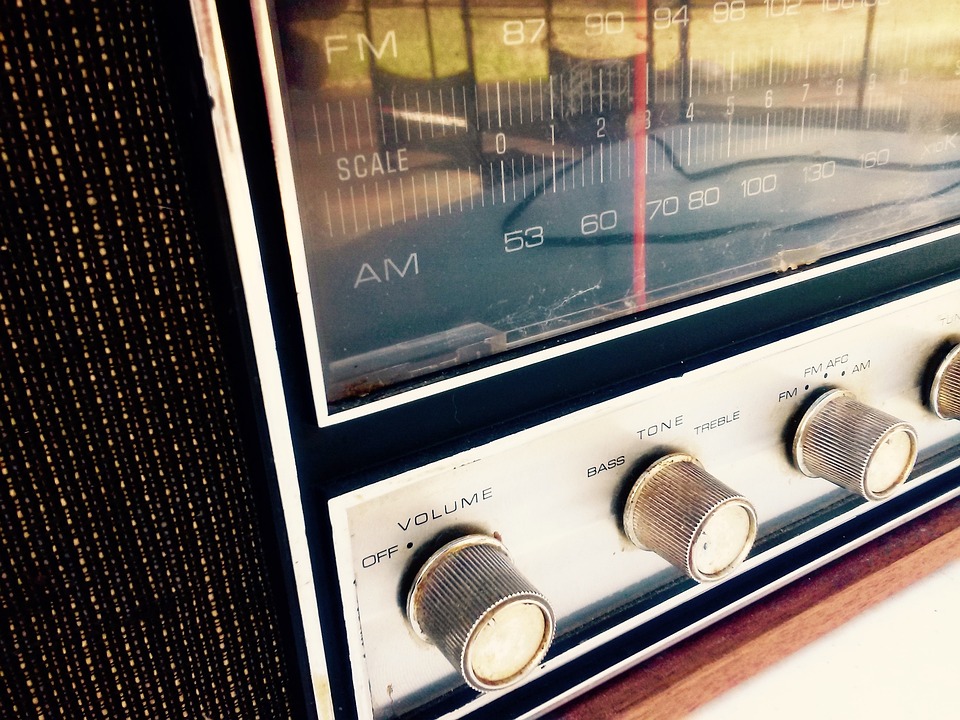
The Impact of Radio Stations on Politics and Public Opinion
The Influence of Radio Stations on Political Discourse
Radio stations have long been a key player in shaping political discourse and influencing public opinion. With the ability to reach a wide audience quickly and affordably, radio stations have the power to sway opinions, galvanize support for certain candidates or policies, and drive political agendas.
One of the key ways in which radio stations impact politics is through their coverage of political events and issues. Radio hosts and commentators have the ability to frame discussions in a way that shapes public perception of these events and issues. By focusing on certain aspects of a story or by using language that is emotionally charged or biased, radio stations can steer listeners towards a particular point of view.
Case Study: The Impact of Radio Talk Shows on the 2016 US Presidential Election
During the 2016 US Presidential election, radio talk shows played a significant role in shaping public opinion. Hosts like Rush Limbaugh, Sean Hannity, and others used their platforms to support then-candidate Donald Trump and to criticize his opponent, Hillary Clinton. By framing the election in a way that favored Trump and by spreading conspiracy theories and misinformation about Clinton, these hosts were able to influence the opinions of their millions of listeners.
These talk shows also served as a platform for Trump to communicate directly with his supporters, bypassing traditional media outlets and speaking directly to his base. This direct line of communication allowed Trump to reinforce his messaging and to rally his supporters around his campaign.
The Role of Radio Stations in Mobilizing Voters
In addition to shaping public opinion, radio stations also play a crucial role in mobilizing voters. By promoting voter registration drives, broadcasting information about polling locations and voter ID requirements, and encouraging listeners to get out and vote, radio stations can help increase voter turnout and engagement.
During election seasons, radio stations often host debates, candidate interviews, and town hall events that provide voters with important information about the candidates and their positions on key issues. These events can help voters make informed decisions and can encourage them to participate in the democratic process.
Case Study: The Impact of Black Radio Stations in Mobilizing African American Voters
Black radio stations in the United States have a long history of mobilizing African American voters and advocating for civil rights and social justice issues. Stations like WBLS in New York City and WGCI in Chicago have used their platforms to educate listeners about the importance of voting and to highlight the struggles of African Americans in the US.
During the 2020 US Presidential election, black radio stations played a key role in encouraging African American voters to turn out and vote. These stations hosted voter registration drives, aired interviews with political candidates, and provided listeners with information about the voting process. As a result of these efforts, African American voter turnout reached historic levels in several key battleground states.
The Challenges of Political Bias and Misinformation on Radio Stations
While radio stations can be a powerful tool for shaping political discourse and mobilizing voters, they also face challenges when it comes to political bias and misinformation. Some radio hosts and commentators use their platforms to promote a particular political agenda or to spread false information, which can erode trust in the media and undermine the democratic process.
Case Study: The Spread of Misinformation on Radio Stations
During the COVID-19 pandemic, many radio stations were used to spread misinformation about the virus and its treatment. Hosts and guests promoted conspiracy theories, downplayed the severity of the virus, and spread false information about vaccines. This misinformation not only confused listeners, but also put public health at risk and hindered efforts to control the spread of the virus.
In response to these challenges, some radio stations have taken steps to improve their fact-checking processes, to provide listeners with accurate information, and to promote media literacy. By holding hosts and guests accountable for spreading false information and by promoting transparency and ethics in journalism, radio stations can help mitigate the impact of political bias and misinformation on public opinion.
Conclusion
Radio stations play a vital role in shaping political discourse and influencing public opinion. By framing discussions, mobilizing voters, and providing important information to listeners, radio stations have the power to shape the outcomes of elections and drive political agendas.
However, radio stations also face challenges when it comes to political bias and misinformation. By promoting transparency, accuracy, and ethical journalism, radio stations can help ensure that they are providing listeners with the information they need to make informed decisions and participate in the democratic process. Ultimately, radio stations have the potential to be a force for good in politics, by educating and empowering voters and by fostering a more informed and engaged public.
